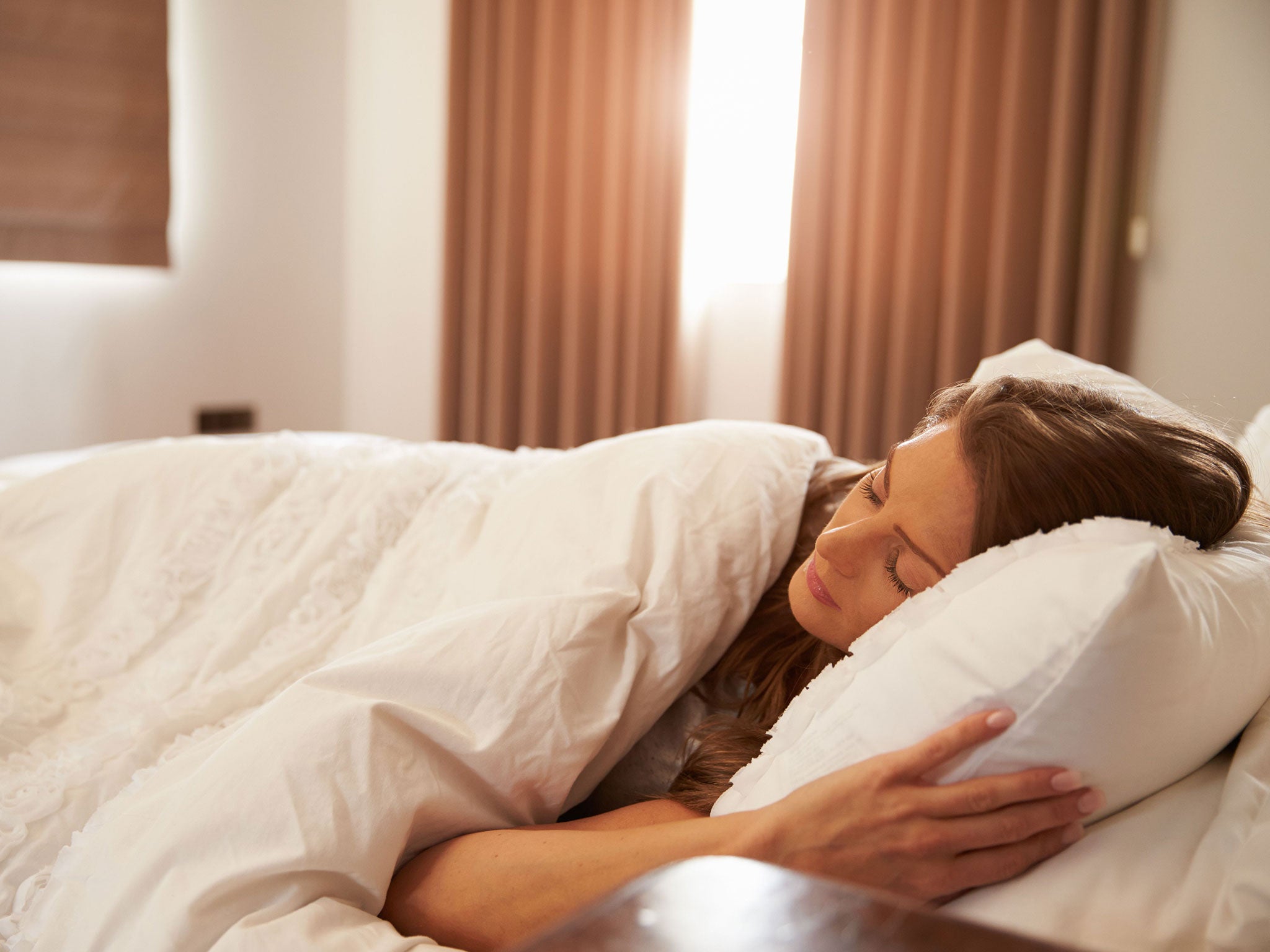Why do we twitch before we fall asleep?
It comes down to a battle in your brain

Your support helps us to tell the story
From reproductive rights to climate change to Big Tech, The Independent is on the ground when the story is developing. Whether it's investigating the financials of Elon Musk's pro-Trump PAC or producing our latest documentary, 'The A Word', which shines a light on the American women fighting for reproductive rights, we know how important it is to parse out the facts from the messaging.
At such a critical moment in US history, we need reporters on the ground. Your donation allows us to keep sending journalists to speak to both sides of the story.
The Independent is trusted by Americans across the entire political spectrum. And unlike many other quality news outlets, we choose not to lock Americans out of our reporting and analysis with paywalls. We believe quality journalism should be available to everyone, paid for by those who can afford it.
Your support makes all the difference.You are wrapped up in bed and your stress has begun to ease after a long day – so why is the soothing moment where you drift to sleep when your body decides to suddenly twitch and jerk?
It’s something many people wonder about, and is a common query on Google. So, on National Napping Day when the clocks go forward in the US and it's not unusual to feel a little bleary-eyed, here's the answer.
Why do I twitch as I drift into sleep?
The sudden movements come down to a phenomenon known as the hypnogogic state. This term describes the transition period between being awake and the unconsciousness of sleep.
The twitches themselves are therefore called hypnogogic jerks. These are a type of myoclonus: a quick, involuntary movement in the muscles.
As you fall asleep, two brain systems balance their roles in order to send you into unconsciousness.
The reticular activating system (RAS) is one of these. This network of cells is positioned below the cortex in the brain, and helps to keep you awake. On the other end of the spectrum is the ventrolateral preoptic nucleus, which lies on the underside of the brain and controls sleep.
What causes hypnogogic jerks?
It is believed that as these two systems battle to remain in charge as your body succumbs to sleep, your body involuntarily jerks.
When you fall asleep, levels of the neurotransmitter serotonin lower in order to keep the largest muscles in the body still. However, it does not control the smallest muscles, such as those around the eyes and in the wrists, which is why the body only twitches, according to DNews.
Others theories suggest that such jerks are an evolutionary throwback, and kept apes safe when they fell asleep in trees.
Are they common?
Hypnogogic jerks occur most frequently in children, according to the BBC, but most people experience them. However, they largely go unnoticed because we are already too far into unconsciousness when they hit.
Do they reflect what is happening in your dream?
Unlike rapid eye movements which can correspond to what you are dreaming of, hypnogogic jerks don’t reflect your visions.
Join our commenting forum
Join thought-provoking conversations, follow other Independent readers and see their replies
Comments